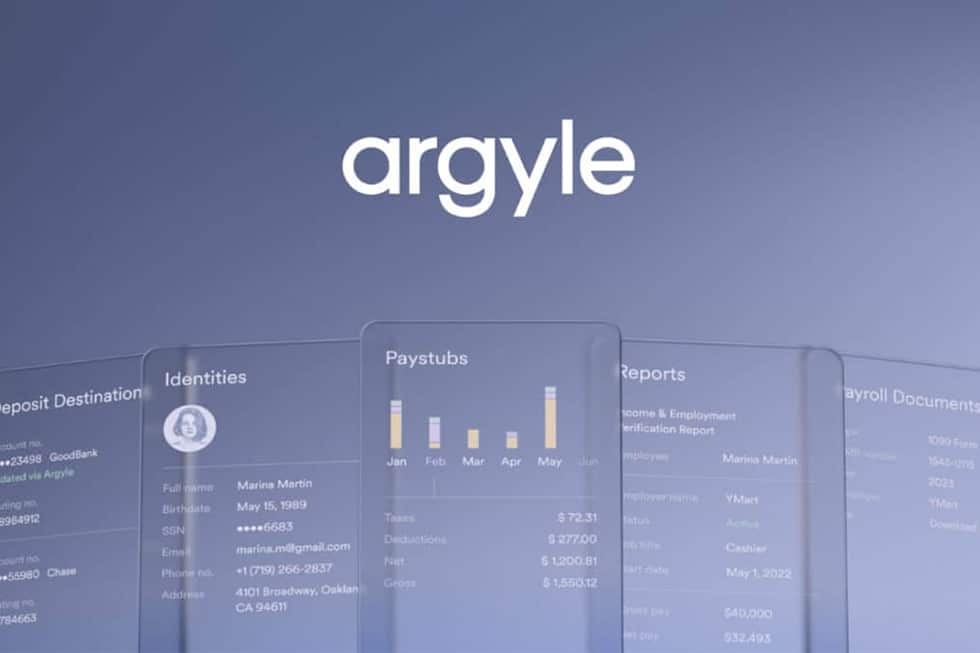Every year Forbes publishes a list of the 50 hottest fintech companies challenging the status quo. Some members are veterans while others are newcomers, but most importantly, as the list changes over time it demonstrates the industry’s shifts and demands. We’ve selected a few standouts to highlight, here’s why.
- CommonBond
A New York-based online lender, CommonBond brings the concept of mentorship to the scary world of student loans. Rather than gauging students for the little money they may have, CommonBond finances and refinances student loans, all while emphasizing networking and helping borrowers find jobs. The latest service from the company allows employers to contribute toward an employee’s loan debt, no matter which lender it held by. Proof that a compassionate model works, the company has done $1.5 billion in loans, but only two have gone into default.
- Ayden
You might not have heard of the second company on our list, you’ve surely reaped the benefits at some point in the last ten years. Ayden is an Amsterdam-based payments processor that acts as the middleman to some of the largest names out there, think Facebook, Uber, Netflix. Ayden has taken the entire payments process, from transaction to processing to end account, in-house and streamlined a custom process for each of its clients’ unique needs. Did we mention Ayden has proven to improve conversion rates too?
3. Enigma
This company’s name speaks for itself. Enigma uses natural language processing and artificial intelligence to organizes disparate public data coming from factories, shipping records, tax filings, you name it, to create real world insights. Enigma puts the various data points together like a puzzle so it can be used to identify money laundering, assess insurance risks, and even track if a fast food restaurant is doing well based on the number FCC radio licenses it take out for drive thru windows…The saying used to be ‘content is king’ but in the age of technology that same saying only holds true for data. Enigma has the world’s broadest collection of public data, with 100,000 data sets spanning 100 countries, and it’s used by some of the world’s largest quantitative hedge funds.
- Symbiont
Blockchain had a breakout moment in the last two years, due in part to cryptocurrencies. This rapid rise in the curiosity surrounding cryptocurrencies has led to a greater awareness of blockchain technology and its potential capabilities. Symbiont is a smart contracts platform for institutional applications of blockchain technology, in lameness terms it brings blockchain to the capital markets. In doing so, Symbiont is helping to bring distributed ledgers to institutions for the purpose of tracking share issuance and ownership, index data and more. This accountability and transparency is what the financial services industry has been lacking for some time, and many argue that blockchain will change the way the industry operates for good.
- Acorns
With Financial Literacy Month approaching we couldn’t help but put Acorns on our list. Acorns is a mobile app that rounds up each debit and credit card purchase to nearest dollar, investing extra pennies in diversified portfolios of low cost index ETFs. While the app can be used by anyone, it has gone a long way in helping to encourage students and young adults not only to save but to invest their money in the markets where it can grow. By not having to think about the small amounts that are being invested, app users are more successful than when trying to save manually. Any app that can encourage millennials to invest is a win in our book. *Full disclosure, the millennial writing this post is an avid user of Acorns.
The finance industry is ever changing, and the technologies on this list both enhance and disrupt the current landscape. We believe the above fintech companies are poised to set new norms and force us to think critically about how we manage finance. We can’t wait to see who makes the list next year.






